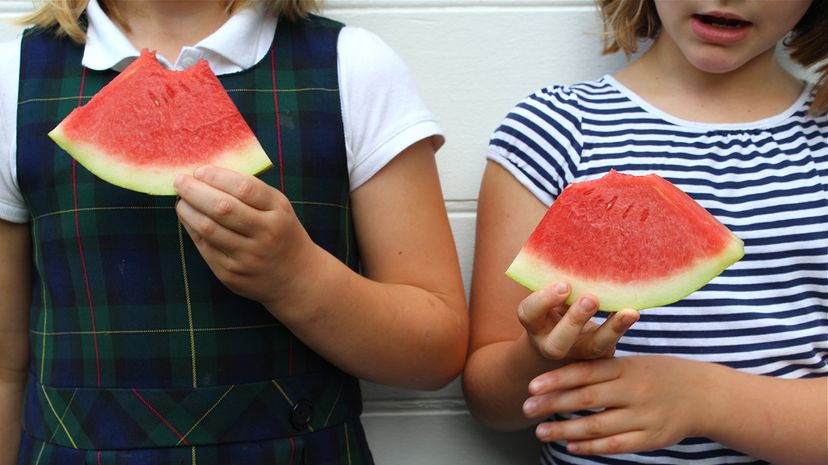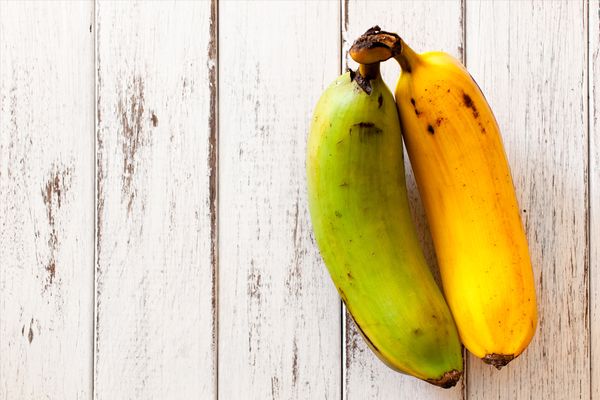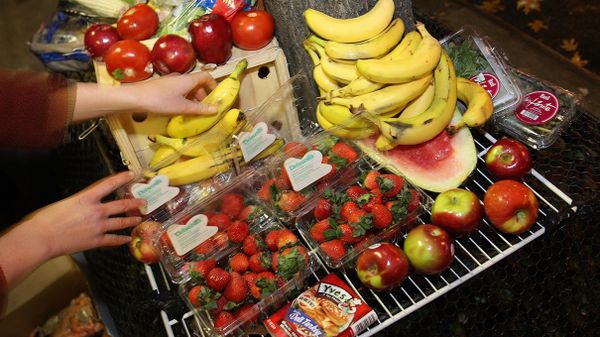
Some kids may take great joy in learning that there are not just proper times to spit, but also times when spitting is encouraged. They might have been told sternly at the dinner table that they should keep their saliva, food and germs firmly in their mouth. But one day, a parent or caretaker may encourage them to lustily spit the little black seeds of the watermelon they are eating onto a plate, into the grass or perhaps even at a designated target. Life is full of surprises.
Therein lies the first argument against the seedless watermelon: It takes joy away from children.
Advertisement
The next argument against seedless watermelons is slightly more practical: They are not actually seedless. No, seedless watermelons don't have the sturdy, black seeds of their "seeded" counterpart, which many Western watermelon eaters prefer to spit out even though they're edible. But they do contain the coatings of those softer, white seeds that are simply immature versions of the black seeds.
An even more tragic fact about the seedless watermelon? Those white seeds cannot produce more fruit. Seedless watermelons have been hybridized to have three sets of chromosomes (aka, triploid), which means that they are sterile, bred to eliminate the black seeds that could bear more fruit.
For that reason, planting seedless watermelon seeds isn't exactly an easy task. Growers have to buy expensive seeds that have been cross-pollinated by hand, and must plant a seeded variety next to the seedless for decent pollination.
So, those unsatisfying white seeds just hang out in the watermelon's pink flesh, with no use except to remind you that you could be spitting shiny onyx projectiles at your brother — if only you had gotten the right kind of watermelon.
Advertisement


